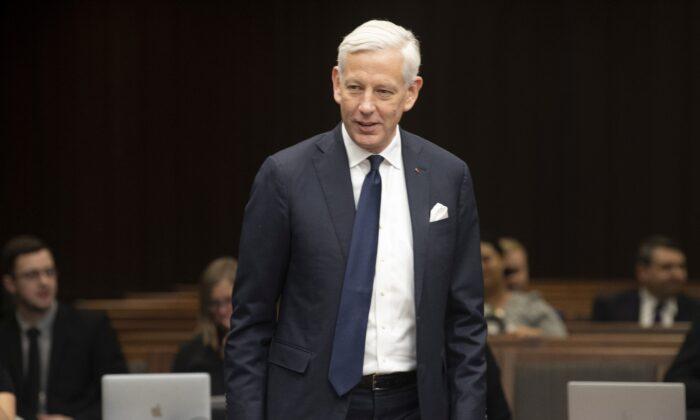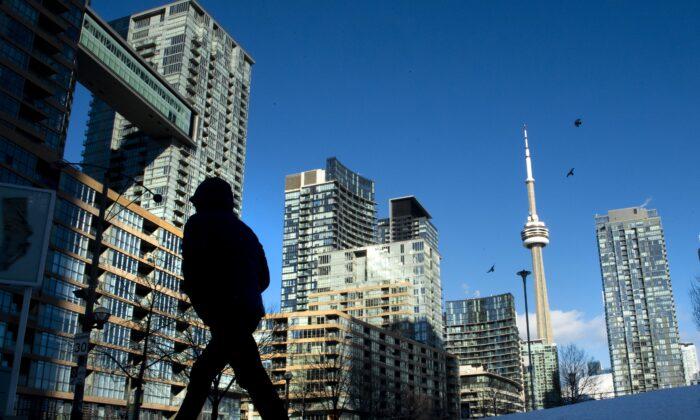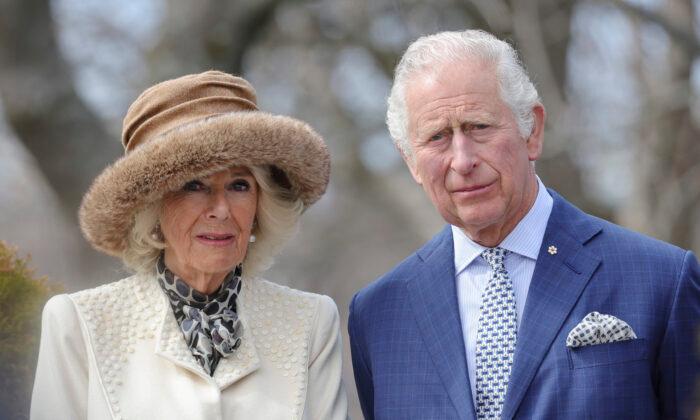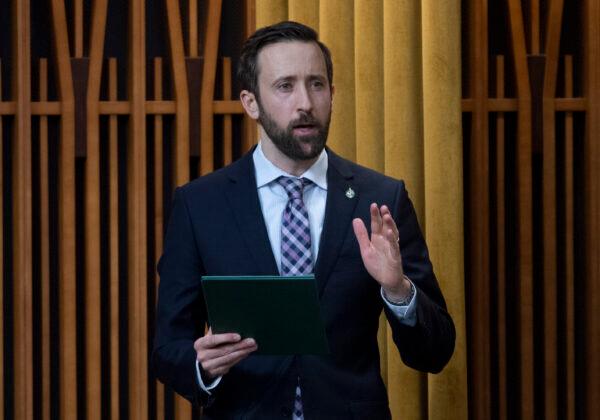Martin Lloyd-Jones, a well-known Protestant minister in Britain, had a rather effective quote that pithily described the duty of an ambassador.
“An ambassador from any country,” he said, “is always conscious of the fact that he has a tremendous responsibility because he is the representative by whom his country is to be judged.”
Indeed, those who are given this position have an extraordinary responsibility to advocate for a country’s interests. Since they are in the closest proximity to a host country’s officials, their actions are crucial in showcasing what Ottawa seeks to achieve diplomatically, its intentions, and what its goals are. They must be precise and credible.
When it comes to the performance of our current ambassador to China, Dominic Barton, there is much reason to be exasperated as well as confused.
Following the return of the “two Michaels,” which should have settled any debate about the intentions and character of the Chinese regime, Barton thought it was now a swell time to promote further business investment in China, advising Canadian firms to “seize opportunities where they exist” and take advantage of the continuing rise of China’s economy.
“There are high mountains, wilding rivers and you can lost, but in the shade of the willow tree, you can see the bright flowers and villages on the horizon,” he said, citing a Chinese poem to describe the relationship between the two countries after Meng’s case.
What this grimly reaffirms once again is that Barton cannot think of Canada-China relations outside of business interests and the blinders are simply not removable.
The debacle involving the release of the two Michaels and Meng Wangzhou is, if not anything else, an event that displays not just a mere diplomatic rift, but two diametrically opposed ways of life and thinking. It completely transforms the dynamic between us and China. But to Barton and co., it is something akin to a temporary dust-up with one’s spouse or an old friend.
In response to Barton’s statements, a spokeswoman for Global Affairs Canada wisely told the National Post that the “business as usual” approach for which Barton advocates is now untenable. While in the Netherlands ahead of the G20 meeting, Prime Minister Justin Trudeau spoke to the “tremendous challenges” China now poses to democracies but then said that China plays too important a role economically to “just cross our arms and ignore it.”
Similarly, the Global Affairs spokeswoman reiterated the Liberal government’s four-fold approach to challenge China on its abuses, compete with its authoritarianism, and cooperate and co-exist with the country when it’s possible.
While the Trudeau government’s China policy leaves much to be desired, the fact that there’s a disconnect between the government and its representative in Beijing when it comes to publicly presenting the approach on the China file is very puzzling.
Canada needs officials who can move on from the economic dogmas regarding China of the post-Cold War era and incorporate the geopolitical and moral factors into their thinking about how we interact with Beijing. While senior members of the Liberal government at least hint that the status quo would no longer do when it comes to an ever aggressive Beijing, their representative in Beijing seems to take no interest in these factors at all.
From all this comes the realization that we need to finally have the principled discussions that have been long overdue that can clarify what Canada’s national interests are in this era, and the strategy we shall practice to pursue them.
And with this clarity will come the need to have an effective ambassador in China to advocate for these interests on behalf of Canadians. The person who is selected by Ottawa to be the messenger for our interests in Beijing now has an immensely important role.






Friends Read Free